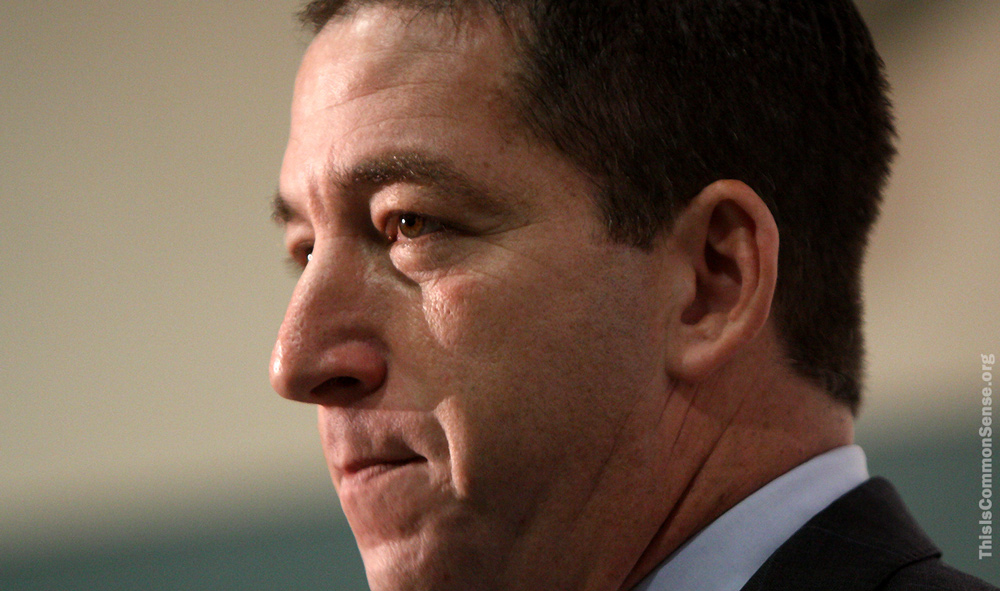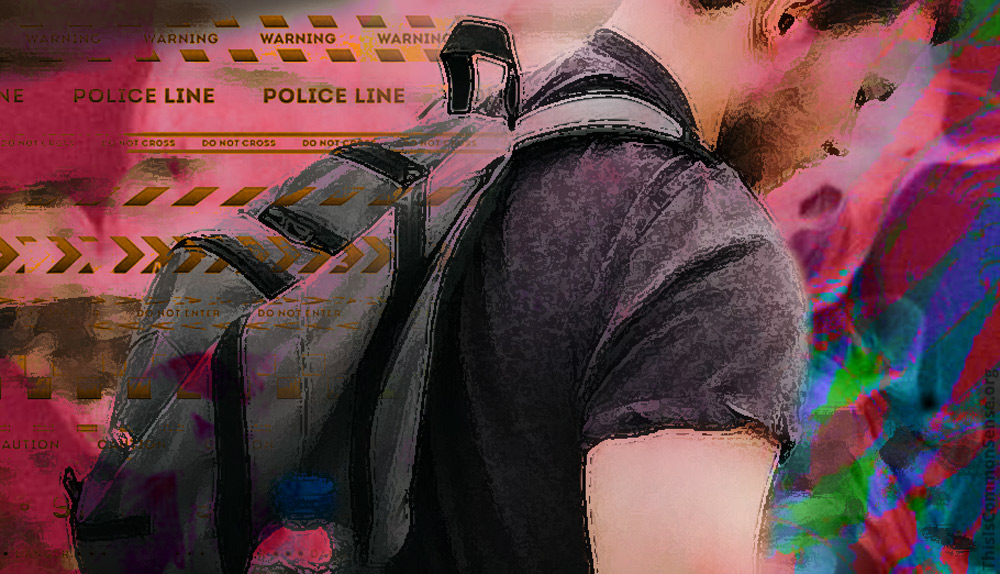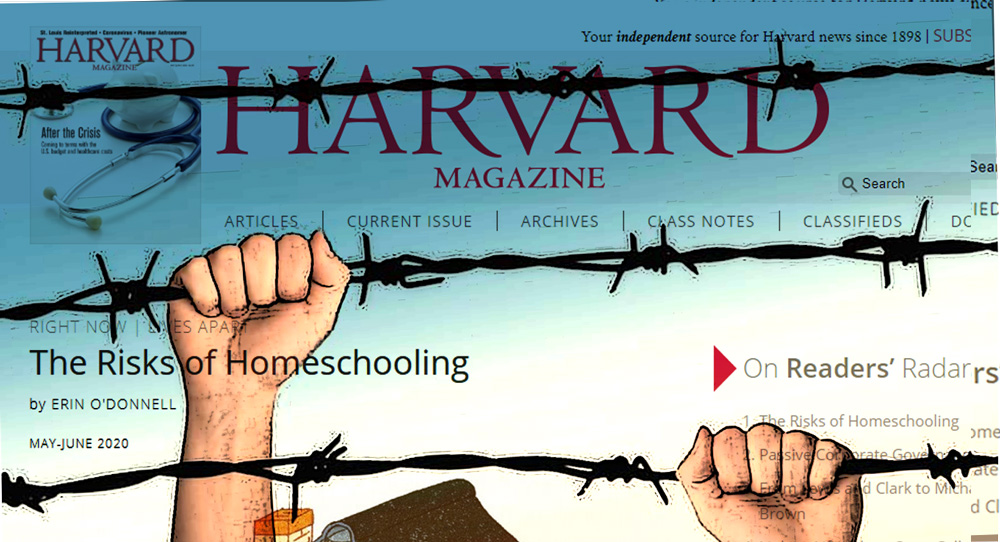Glenn Greenwald calls it a “mountain of data.”
On his Rumble account, “System Update,” the journalist shows “how authoritarian self-identified followers of the Democratic Party have become.”
While admitting that “authoritarian tendencies” are in every group, Greenwald insists that “when you examine this data . . . and really compile it, and look all at once at it, it is extraordinary — no matter how low your expectations are of Democrats — how authoritarian they have become, particularly in the wake of the Trump years.”
Citing Pew Research from August, the well-known reporter begins by showing how opinions on free speech have diverged over the last three years: while Republicans wanting the federal government to “take steps to restrict false info online” declined from 37 percent to 28 percent, Democratic support rose from 40 percent to 65 percent.
And the itch to have tech companies do the dirty work for the federal government “even if it limits freedom of info” shows the same spread: R’s went down 9 points and D’s went up a whopping sixteen!
Greenwald also explores Democrats’ enduring affection for corporate media news, how enthusiastic Democratic politicians are for curbing the basic rights of their political opponents, and how much ardor Democrats show the CIA and the FBI.
All the data, Greenwald insists, shows Democrats getting “more authoritarian by the minute.”
Why?
It might best be looked at in an insider/outsider context. Democrats are becoming more authoritarian because it is their hold on power that they are defending, and Republicans are reacting against that stranglehold. An old principle may be at work: outside of power, people tend to demand freedom; inside, they demand more power.
Authoritarianism is more appealing to insiders, viewing themselves as “authorities.”
This is Common Sense. I’m Paul Jacob.
—
See all recent commentary
(simplified and organized)





